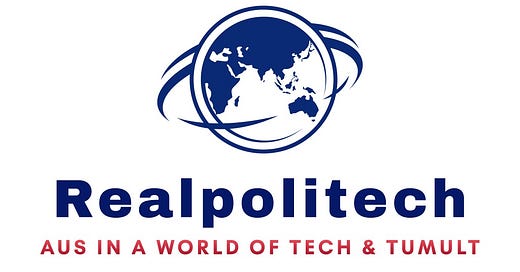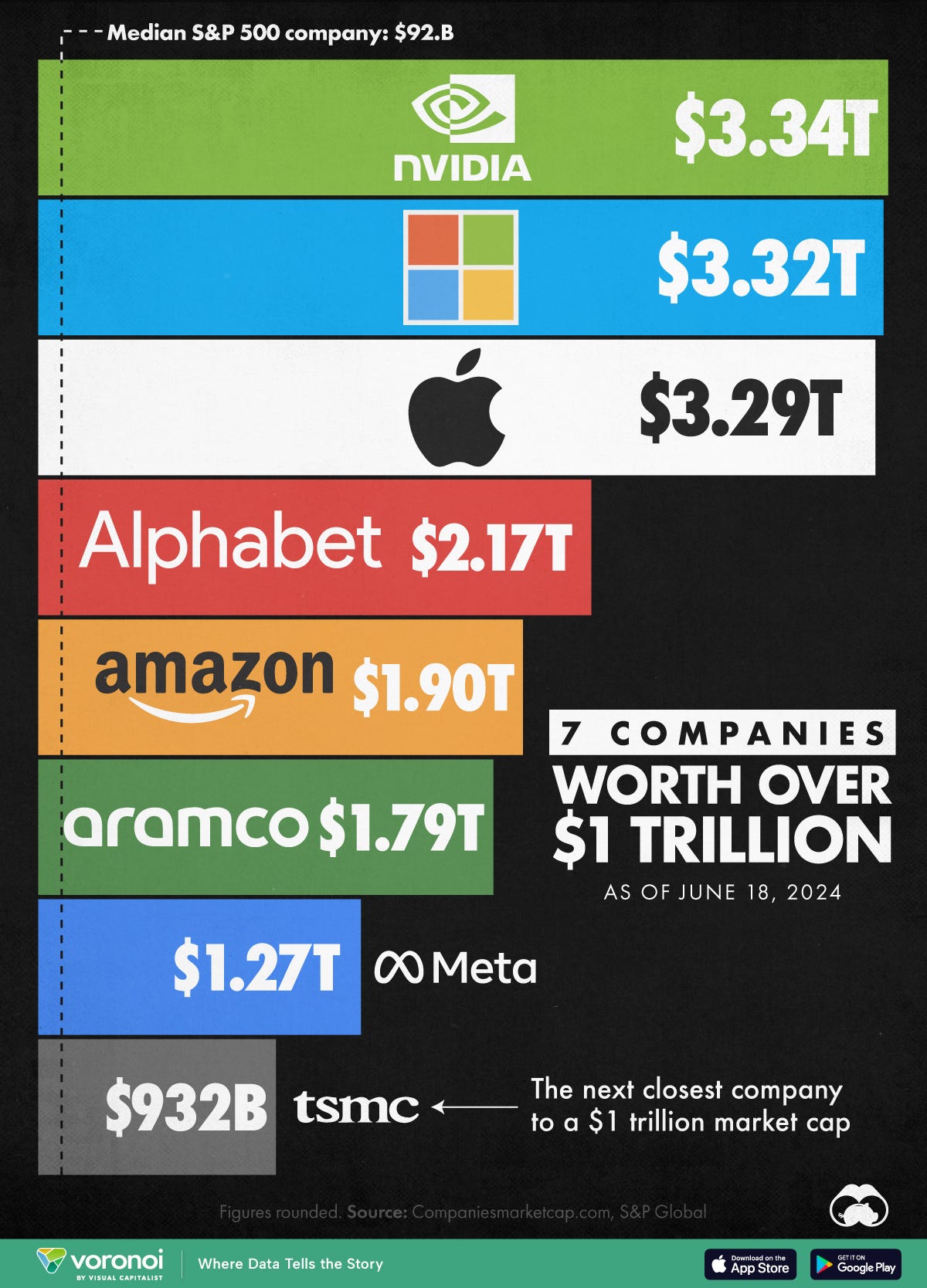Aus Election 2025: What if Innovation Ran for Office?
The once Lucky Country's long climb out of its economic mire means finally committing to modernise and compete in a cut-throat world of innovation-driven enterprise and ambition
In a speech heralding the Labor Government’s controversial Future Made in Australia (FMiA) reindustrialisation agenda last April, Prime Minister Anthony Albanese cautioned that the world was moving past us.
“An inescapable lesson of the past half century is that Australia cannot isolate ourselves from global economic change, even if we wanted to,” he said.
“Our challenge and our great opportunity lies in anticipating change, shaping it and making sure it delivers for our people. And doing it in our uniquely Australian way.”
The Australian Way has become a potpourri of increasingly indefensible tropes about the “fair go” and the social safety net; about anti-authoritarianism and “punching above our weight” in sports and science; and about embracing change.
The reality is that what is most uniquely Australian is our complacency about anticipating and embracing global change, never mind shaping it by backing new-to-the-world businesses and industries.
This is especially true of Australia’s resistance to understanding and responding to the intensifying and accelerating socio-economic impacts of successive phases of the digital information age.
That digital age, led by US entrepreneurs and accelerated by the relentless competition between two superpowers, the US and China, has created the world’s most valuable companies as it morphed from semiconductors and personal computers to the internet and smart phones.
Today these technologies have all converged and evolved into the era of AI and smart machines. Software at its core. In this era, the outsized ambition of first movers with high value software capability is asymmetric advantage. And the speed of change, the fight for capital, the energy needs of countries and companies is next level.
And through each of these phases over many decades, the Australian way has been a robust kicking of cans down the road.
Now in the midst of convergent crises - cost of living; energy; productivity; sovereign capability - and mere months from a federal election following a year of elections globally that have turfed incumbents, Australia has run out of road.
We are collectively standing flat-footed looking up at a giant wall of rusted-out cans shutting out any view of a prosperous future.
The nation’s weak vital stats are by now all too familiar. Australians are experiencing the steepest decline in living standards on record; we are overly dependent on the public sector and immigration to fuel any GDP and jobs growth; Labour productivity growth, a key measure of living standards, has plunged to 2016 levels and excessively high energy costs have further shrunk our manufacturing base, the lowest in the OECD.
“It’s a grind. There’s no magic wand,” says independent economist Chris Richardson. “We get our living standards back when we get our courage back.”
Courage. That’s a word we don’t hear very often among Australia’s political and business elite.
Globally competitive innovation-driven enterprise requires courage in the form of risk-taking, ambition and a whole lot of superior software and engineering skills and executive function Australian business and government leaders have neglected to develop at enough scale.
In the book, Australia’s Second Chance, Australian historian George Megalogenis points out there have only been two periods in Australia’s modern history that genuinely combined policy innovation, political stability and a shared sense of purpose across the parties of labour and capital: The Curtain-Chifley-Menzies era between 1941 and 1966 and the Hawke-Keating-Howard era between 1983-2007.
“Each period was preceded by global humiliation for Australia – as the crash test dummy for austerity in the Great Depression of the 1930’s and with the reputation of being the juvenile delinquent economy of the 1970’s and early 1980’s,” he says.
A new era of humiliation has arrived.
Keep reading with a 7-day free trial
Subscribe to Realpolitech to keep reading this post and get 7 days of free access to the full post archives.





